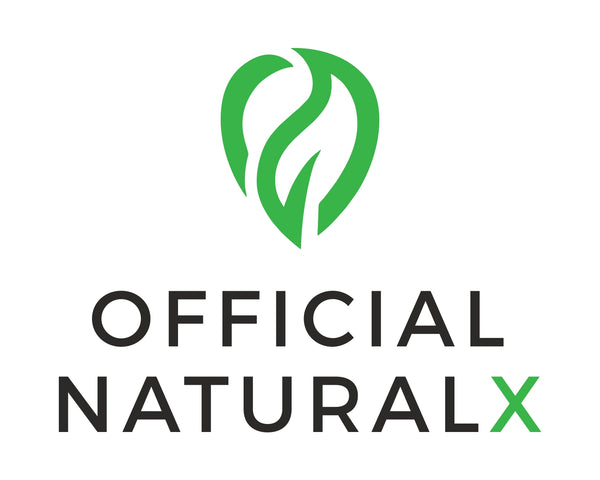The skin is the largest organ in the human body, and its importance goes far beyond its role as a physical barrier. It serves as a protective shield, a sensory interface, a regulator of temperature and hydration, and even a reflection of our overall health. Everyday personal care products, such as shampoos, soaps, lotions, and cosmetics, often contain a variety of ingredients that can potentially have negative impacts on your health and skin. While not all products are harmful, it's important to be aware of certain ingredients that have raised concerns. Here are some ways that your personal care products might be harming you:
-
Harmful Chemicals: Many personal care products contain chemicals such as parabens, phthalates, formaldehyde, and sulfates. These chemicals have been linked to various health issues, including hormone disruption, allergies, skin irritations, and even certain types of cancers.
-
Fragrance: "Fragrance" or "parfum" in products often refers to a mixture of potentially harmful chemicals, some of which can trigger allergies, migraines, and skin sensitivities. Manufacturers are not required to disclose the specific ingredients used in fragrances due to trade secret protections.
-
Toxic Heavy Metals: Some cosmetics, especially those with vibrant colors, might contain toxic heavy metals like lead, mercury, and arsenic. These metals can accumulate in the body over time and lead to serious health issues.
-
Endocrine Disruptors: Certain chemicals found in personal care products can interfere with the endocrine system, which regulates hormones. This disruption can lead to a variety of health problems, including reproductive issues, developmental disorders, and even obesity.
-
Skin Irritations: Harsh chemicals, fragrances, and preservatives in products can cause skin irritations, allergies, redness, and itching. Even products labeled as "gentle" or "hypoallergenic" may contain ingredients that trigger reactions.
-
Microplastics and Nanoparticles: Some personal care products, like exfoliating scrubs and sunscreens, contain microplastics or nanoparticles that can be harmful to the environment and may also have unknown health effects when absorbed through the skin.
-
Animal Testing: Many personal care products are tested on animals, which can raise ethical concerns. While this doesn't directly harm you, it's an important consideration for some consumers.
-
Environmental Impact: The production, use, and disposal of personal care products can contribute to environmental pollution and plastic waste. Ingredients like triclosan and microbeads can have harmful effects on aquatic ecosystems.
To minimize potential harm, consider the following steps:
-
Read Labels: Look for products with fewer and more natural ingredients. Avoid those with long lists of unrecognizable chemical names.
-
Choose Safer Brands: Research and choose products from companies that prioritize safety and transparency in ingredient labeling.
-
Go Fragrance-Free: Opt for fragrance-free products or those scented with natural essential oils.
-
Look for Certifications: Products certified as organic, natural, or cruelty-free might be safer options.
-
DIY Alternatives: Consider making your own personal care products using simple, natural ingredients.
-
Use Less: Minimize your use of certain products or use them less frequently to reduce your exposure to potentially harmful substances.
-
Consult a Professional: If you're concerned about the impact of your personal care products on your health, consult a dermatologist or healthcare professional for advice.
Our personal care products are formulated to make sure we don't have harmful ingredients like parabens, aluminum, lead, and heavy metals. We know that the skin must be taken care of and continuously using harmful products over a long period of time can have detrimental effects on your health.
Sea moss with Elderberry Whipped Shea Butter (8oz)- Sea Moss with Elderberries is rich in sulfur that can help combat acne and minimize signs of aging skin. It has a very soothing quality. Helps with eczema, dermetitus, burns, psoriasis, breakouts, boils and scars. Minimizes dryness, reduces wrinkles, hydrates the skin and protects from environmental elements.
Ultimately, being informed about the ingredients in your personal care products and making conscious choices can help reduce potential harm to your health and the environment.

